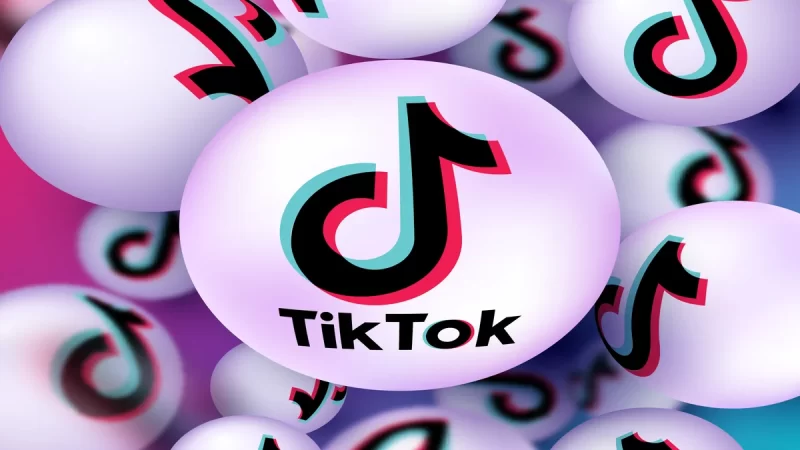An Ultimate Guide on How Gen Z Uses Social Media

Generation Z, born between the mid-1990s and the early 2010s, has been shaped by the digital age. Their relationship with social media is deeply intertwined with their daily lives, impacting how they communicate, consume content, and engage with the world. To understand how Gen Z utilizes social media, it’s crucial to explore their preferences, behaviors, and the platforms that resonate most with them.
1. Diversity of Platforms
Gen Z doesn’t limit itself to a single social media platform. While giants like Instagram, TikTok, Snapchat, and YouTube remain popular, the choice depends on the type of content and interaction they seek. For instance, they might use Instagram for curated visuals, TikTok for short-form entertaining videos, Snapchat for quick, ephemeral moments, and YouTube for longer, educational content.
2. Authenticity Over Perfection
Unlike previous generations, Gen Z values authenticity over polished content. They appreciate genuine, relatable, and unfiltered posts over heavily edited or curated ones. This preference for authenticity has pushed brands and influencers to adopt more genuine approaches to connect with this demographic.
3. Visual-Centric Communication
Visual content is king for Gen Z. Memes, GIFs, videos, and images are their preferred means of communication. Platforms like TikTok have capitalized on this, offering easy-to-use video editing tools that encourage creativity and self-expression in short, engaging formats.
4. Social Activism and Causes
Gen Z is passionate about social causes. They use social media not only for entertainment but also as a platform for activism and raising awareness. Movements related to climate change, social justice, mental health, and equality find significant traction among this generation, and they leverage social media to amplify their voices and effect change.
5. Influencer Culture and Authenticity
Influencers play a significant role in shaping Gen Z’s opinions and behaviors. However, this generation demands authenticity from influencers. They prefer those who align with their values, advocate for causes, and engage with their audience sincerely, rather than promoting products insincerely.
6. Privacy and Data Concerns
Unlike their predecessors, Gen Z is more aware of privacy and data issues. They are cautious about sharing personal information online and demand transparency from social media platforms regarding data usage and privacy policies.
7. Ephemeral Content and FOMO
The fear of missing out (FOMO) drives Gen Z to consume and create ephemeral content. Stories on platforms like Instagram and Snapchat, which disappear after 24 hours, cater to this need for real-time, in-the-moment updates without the pressure of creating permanent posts.
8. Shifting Preferences and Emerging Platforms
Gen Z’s preferences are dynamic, and new platforms often emerge to cater to their evolving needs. Whether it’s exploring virtual worlds, embracing new forms of entertainment, or connecting through niche interest-based communities, Gen Z continues to shape the social media landscape.
Key Takeaways
Gen Z’s relationship with social media is a multi-faceted landscape shaped by their desire for authenticity, visual communication, social activism, and privacy awareness. Understanding these trends and preferences is crucial for brands, influencers, and anyone looking to engage meaningfully with this generation on social media. By embracing authenticity, aligning with their values, and staying adaptable to emerging platforms, one can effectively connect and resonate with the digitally-native Gen Z demographic.
Frequently Asked Questions about Gen Z and Social Media:
Generation Z, born between the mid-1990s and early 2010s, heavily utilizes social media as a means of communication, self-expression, activism, and entertainment. They prefer platforms that offer authenticity, visual content, and opportunities for engagement.
Instagram, TikTok, Snapchat, and YouTube are among the top platforms for Gen Z. However, preferences vary based on content type and interaction style. Instagram is popular for visuals, TikTok for short-form videos, Snapchat for fleeting moments, and YouTube for longer, educational content.
Influencers significantly impact Gen Z’s opinions and behaviors. However, authenticity is crucial. Gen Z prefers influencers who align with their values, advocate for causes, and engage authentically with their audience.
Unlike previous generations, Gen Z is more privacy-conscious. They are cautious about sharing personal information and demand transparency from social media platforms regarding data usage and privacy policies.
Authenticity, visual-centric communication (memes, videos, images), social activism, ephemeral content (disappearing stories), and a dynamic preference for emerging platforms define Gen Z’s social media usage. They also use social media as a platform for social causes and activism.







